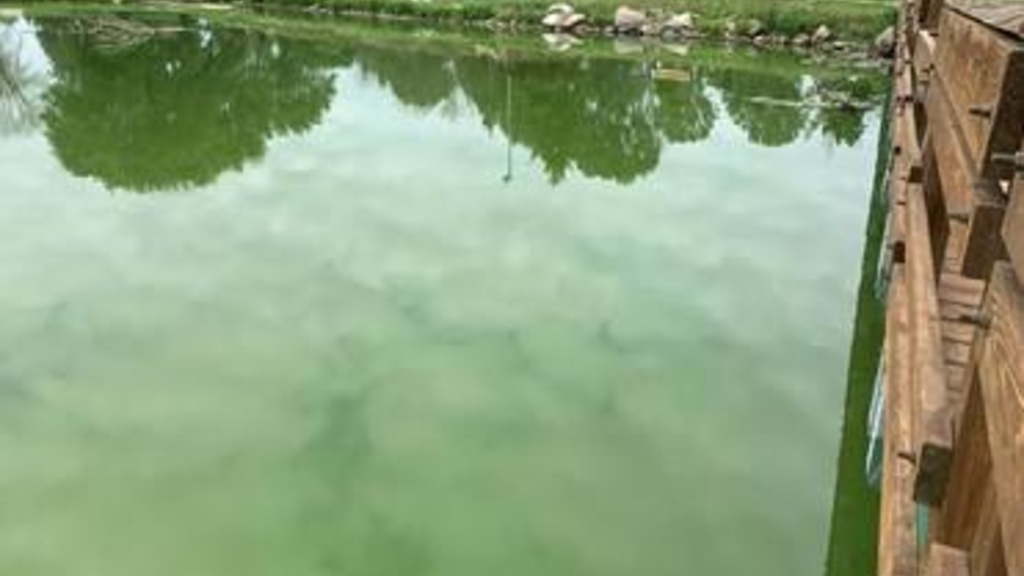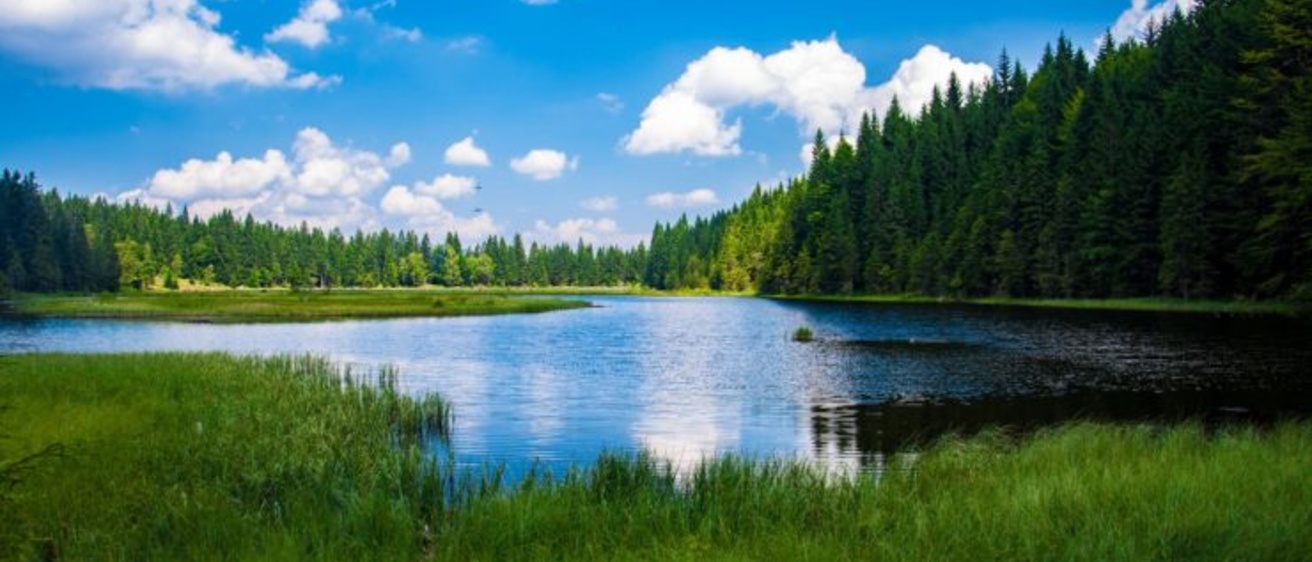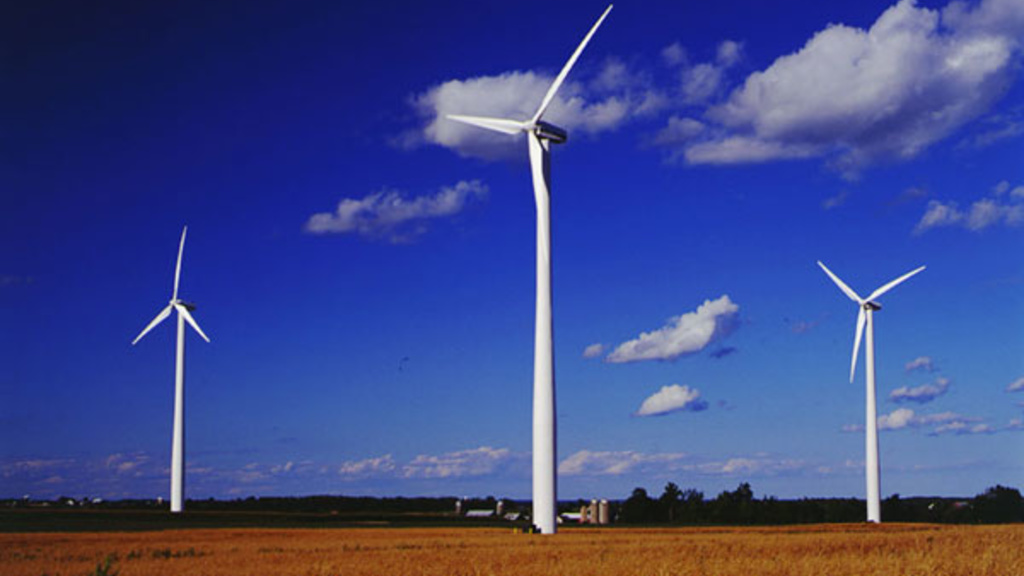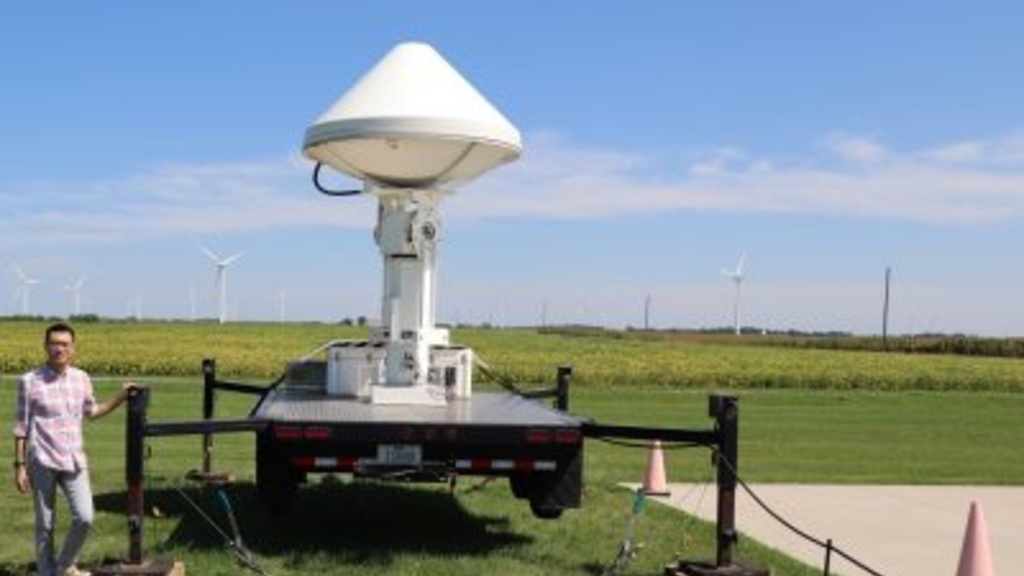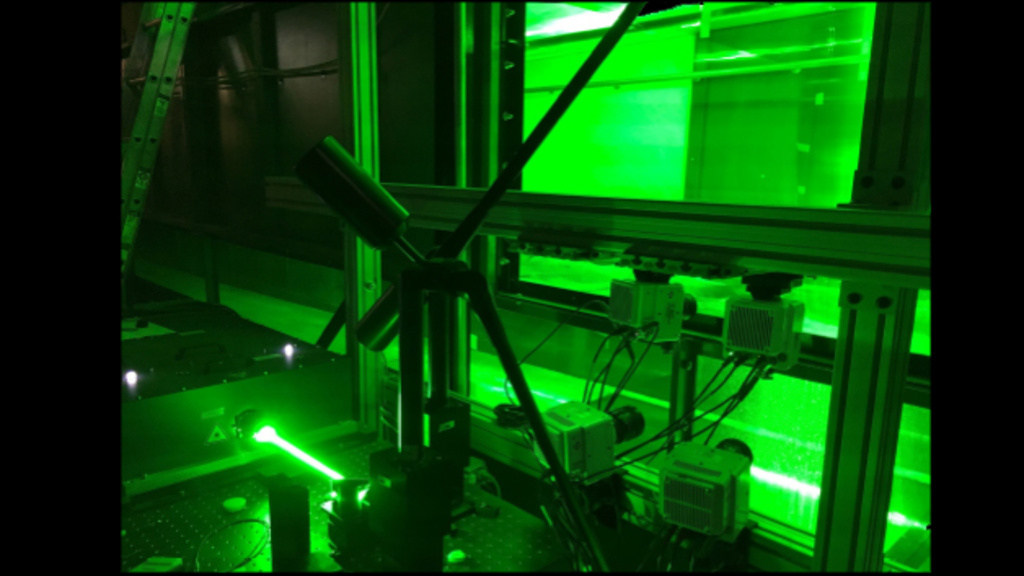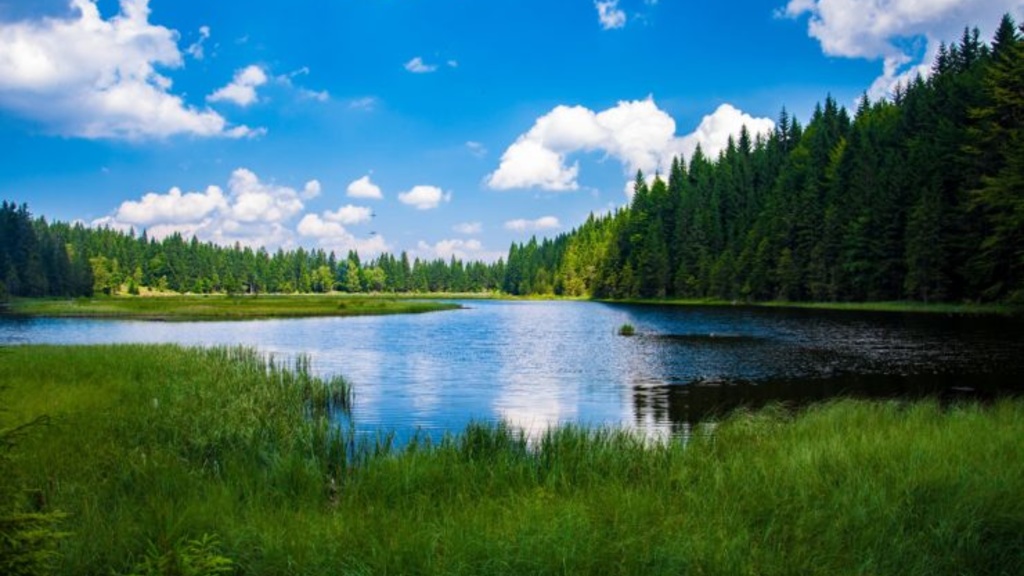Research projects include fundamental studies of how canopy and topographic induced wakes affect momentum, evaporation, and trace gas fluxes at the air-land and air-water interfaces for ecosystem, lake and wetland modeling; investigation on how deforestation patterns in the Amazon rainforest may be parameterized in weather and climate models; and studies of wind farm-atmosphere interactions to understand the impact of atmospheric stability on wind turbine wakes and wind farm configuration effects on ABL dynamics and surface fluxes.
Understanding how landscape complexity affects momentum flux and transport of heat, moisture, and trace gases is important for developing physics-based parameterizations for large-scale weather, climate, hydrologic, and wind resource assessment models, as well as for interpreting measurements, which may be spatially or temporally limited. We are also actively conducting research to improve understanding and modeling of particle transport related to blowing snow, avian wildlife behavior in wind farms, and harmful algal blooms.
